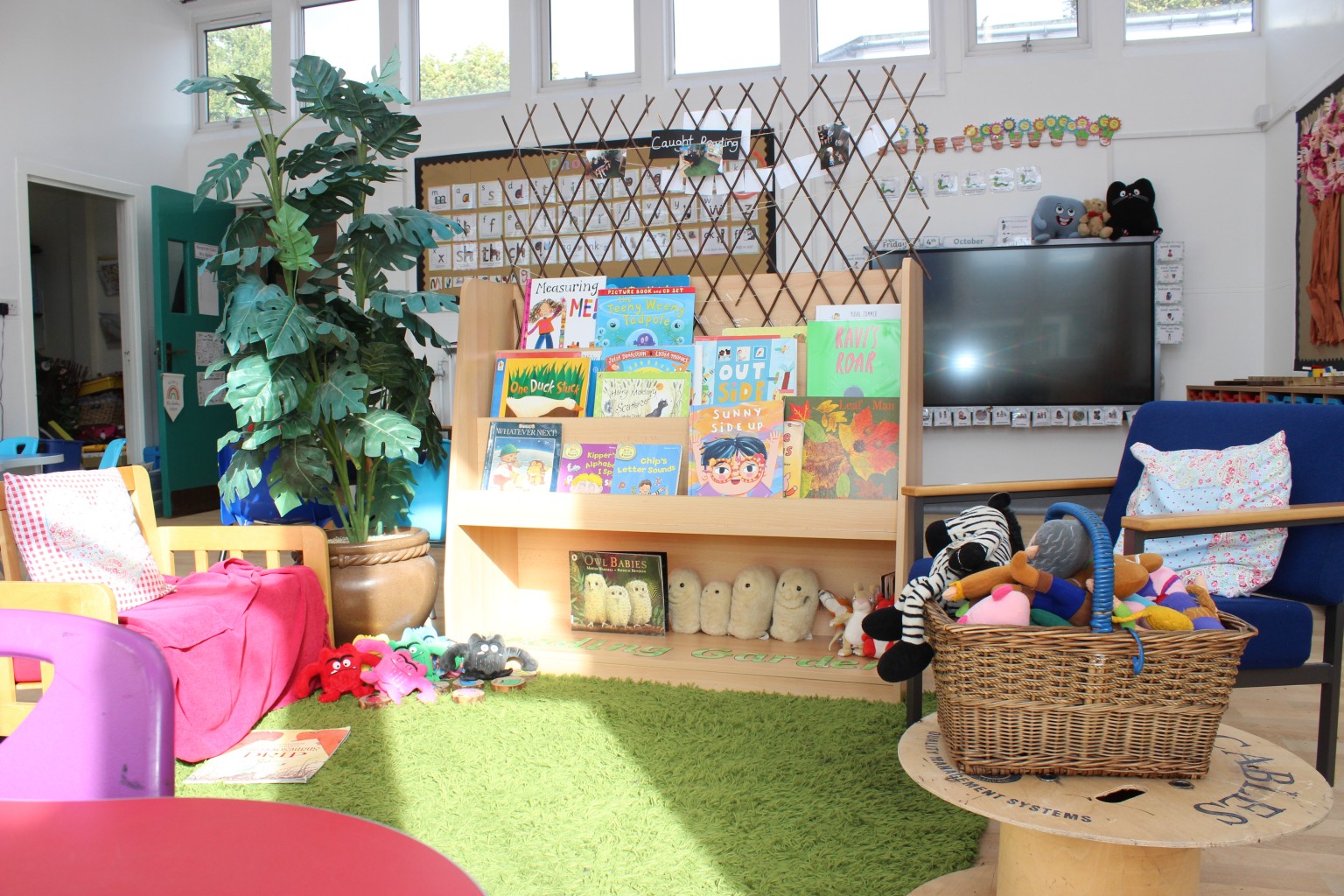
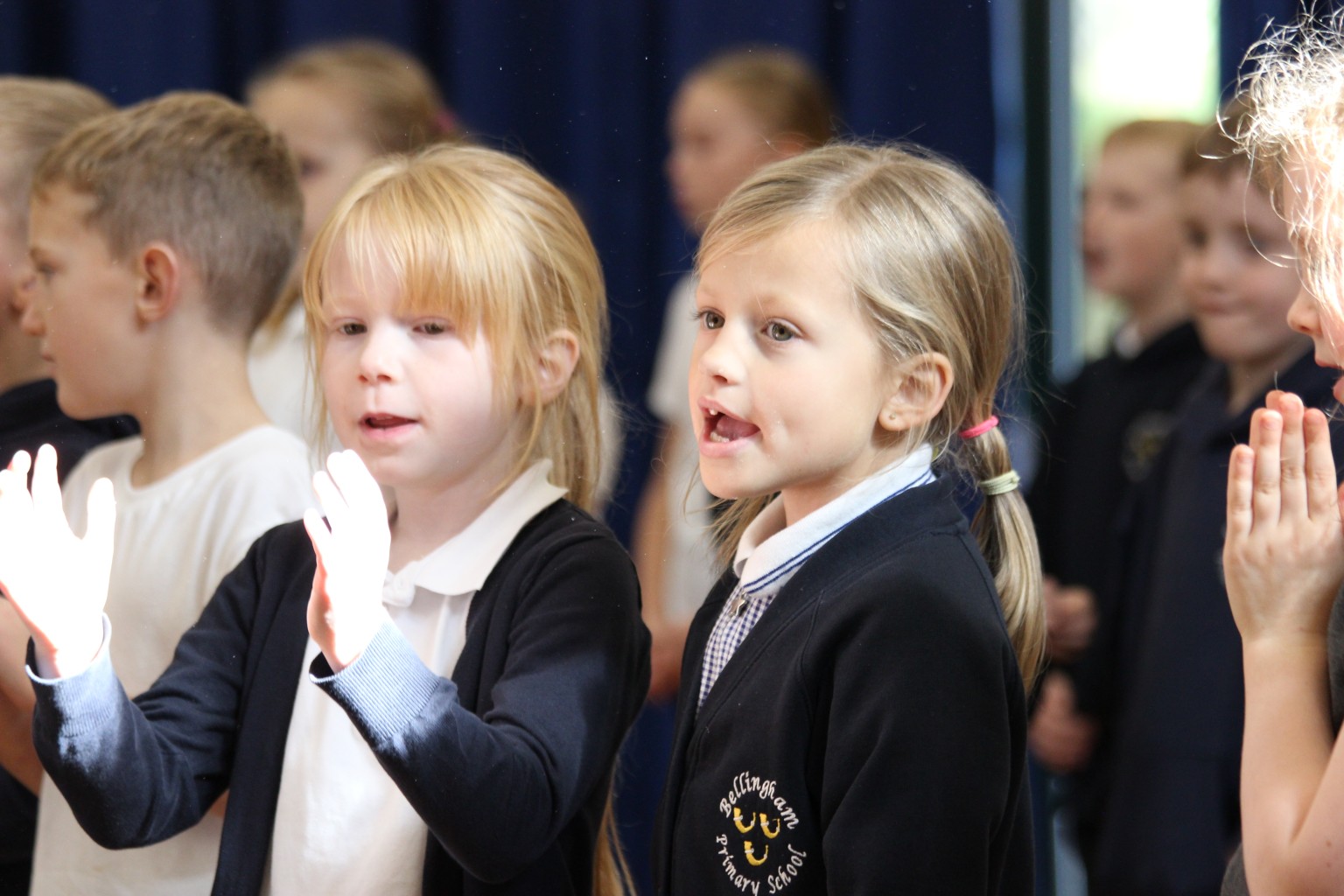
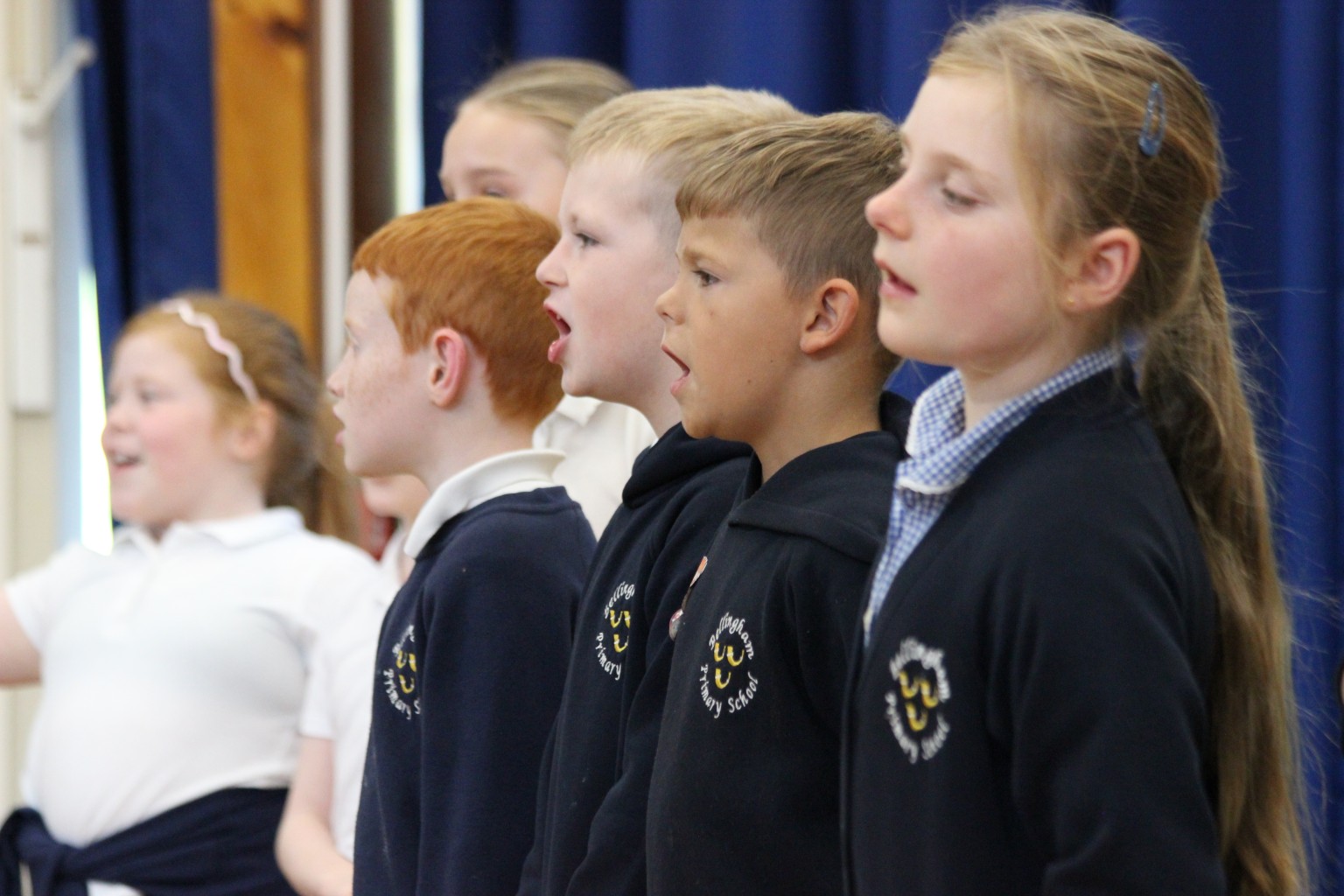
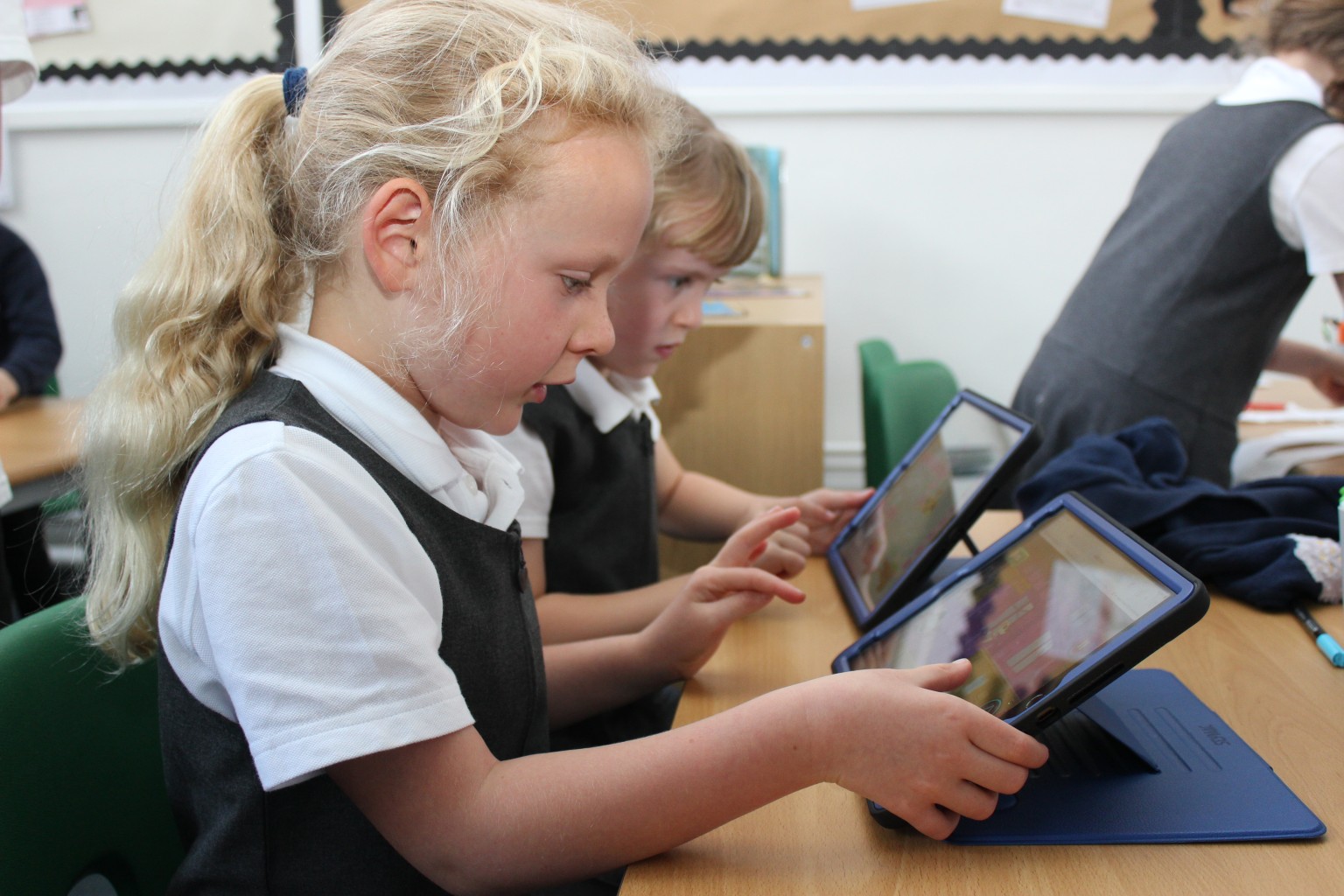
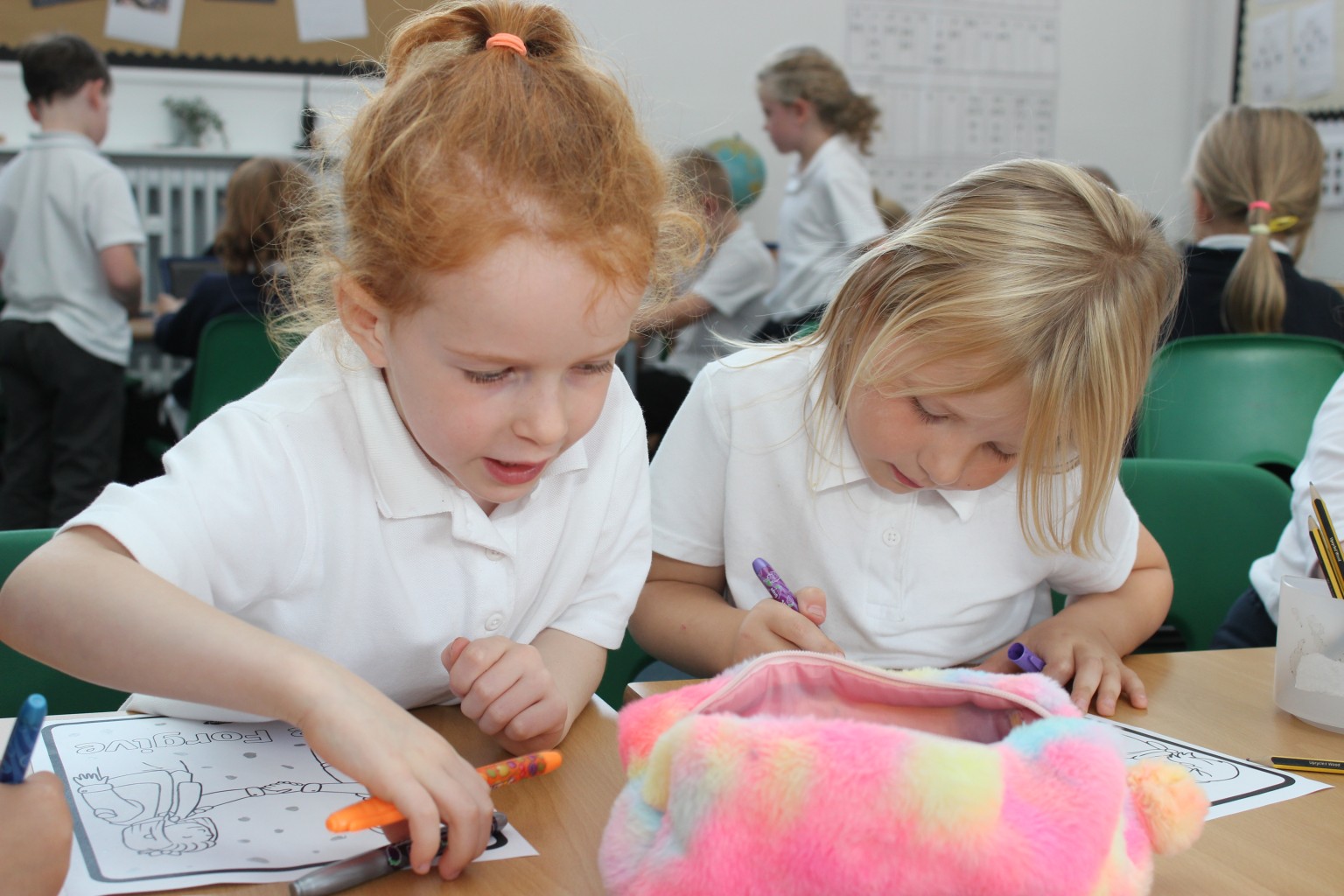
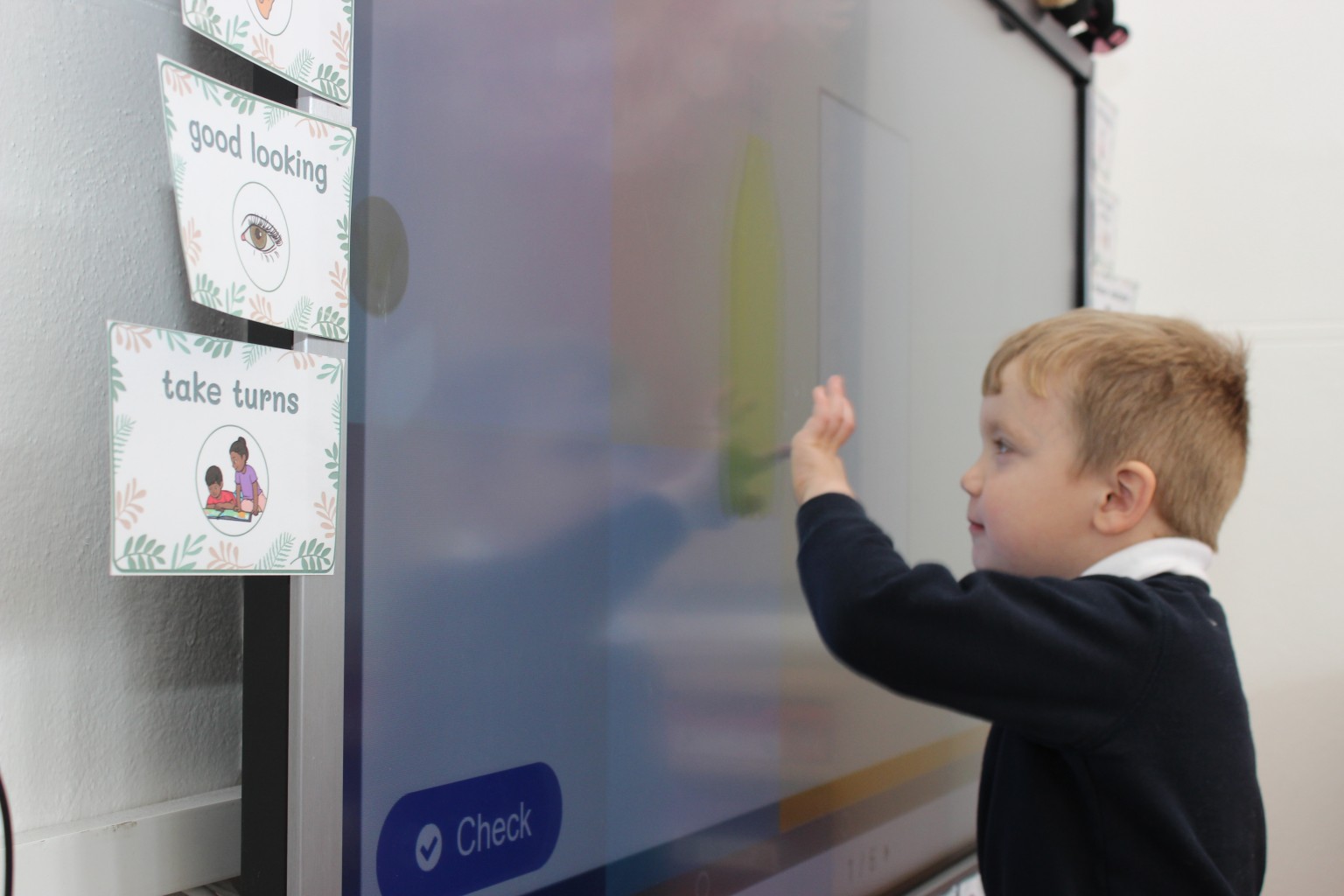
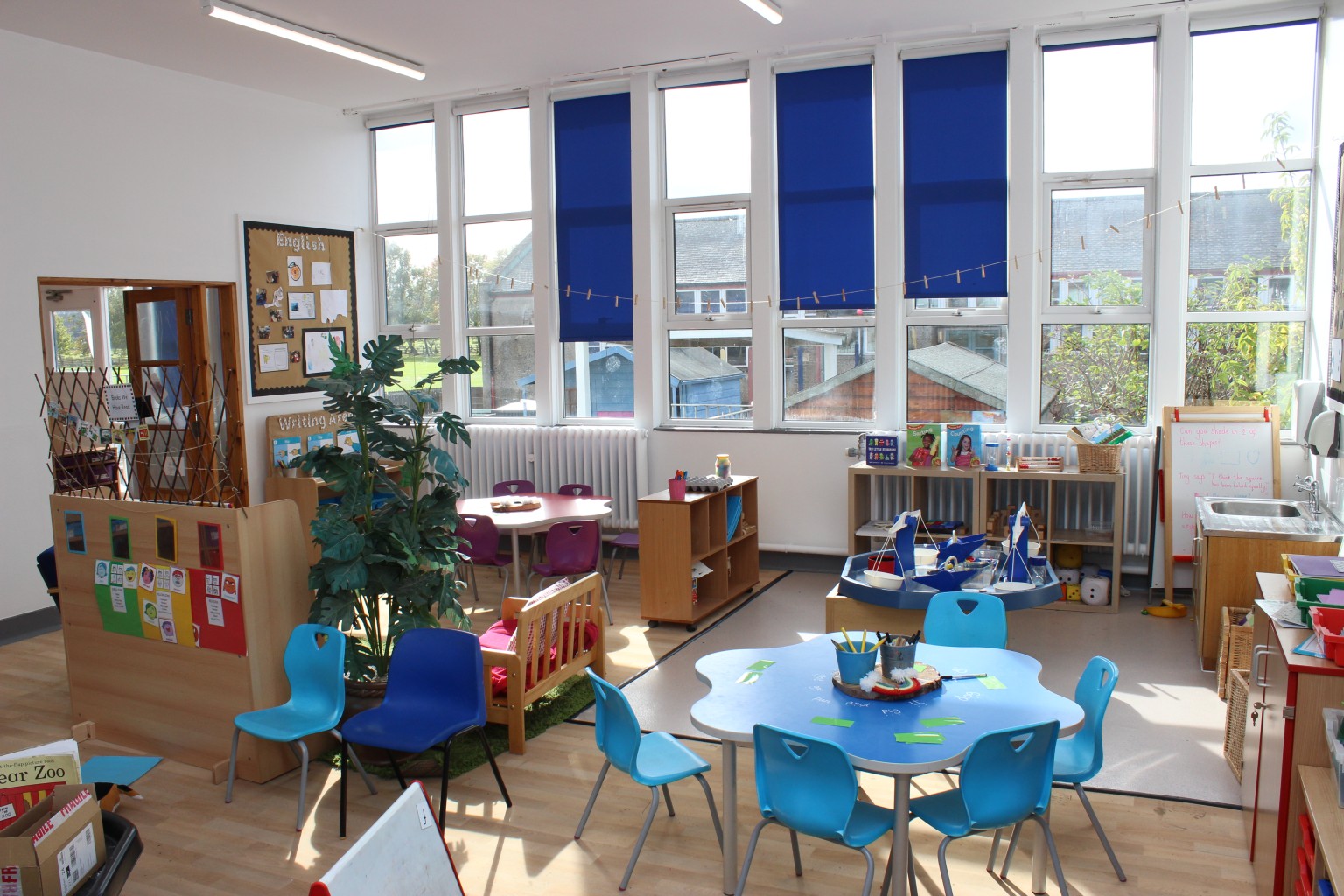
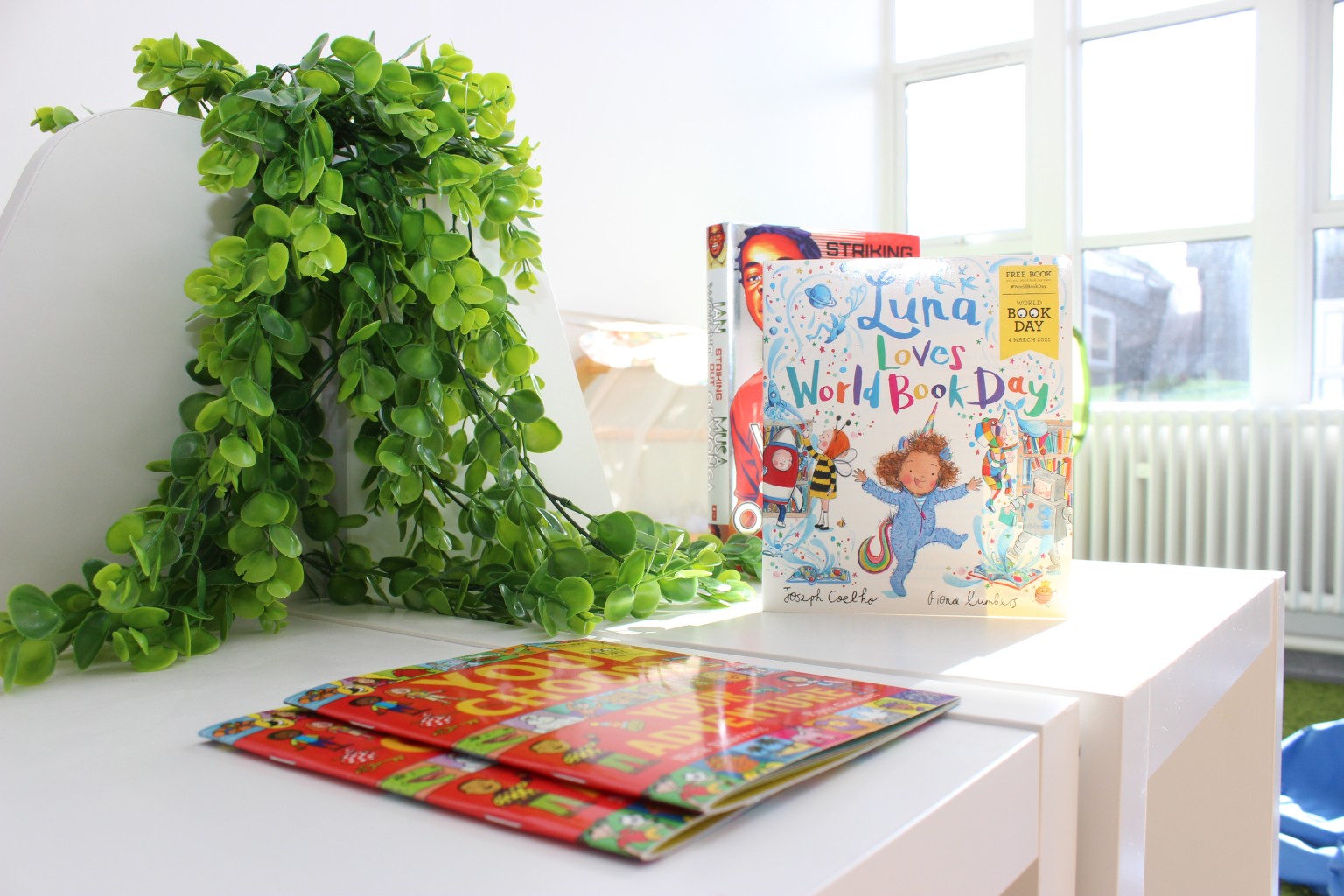
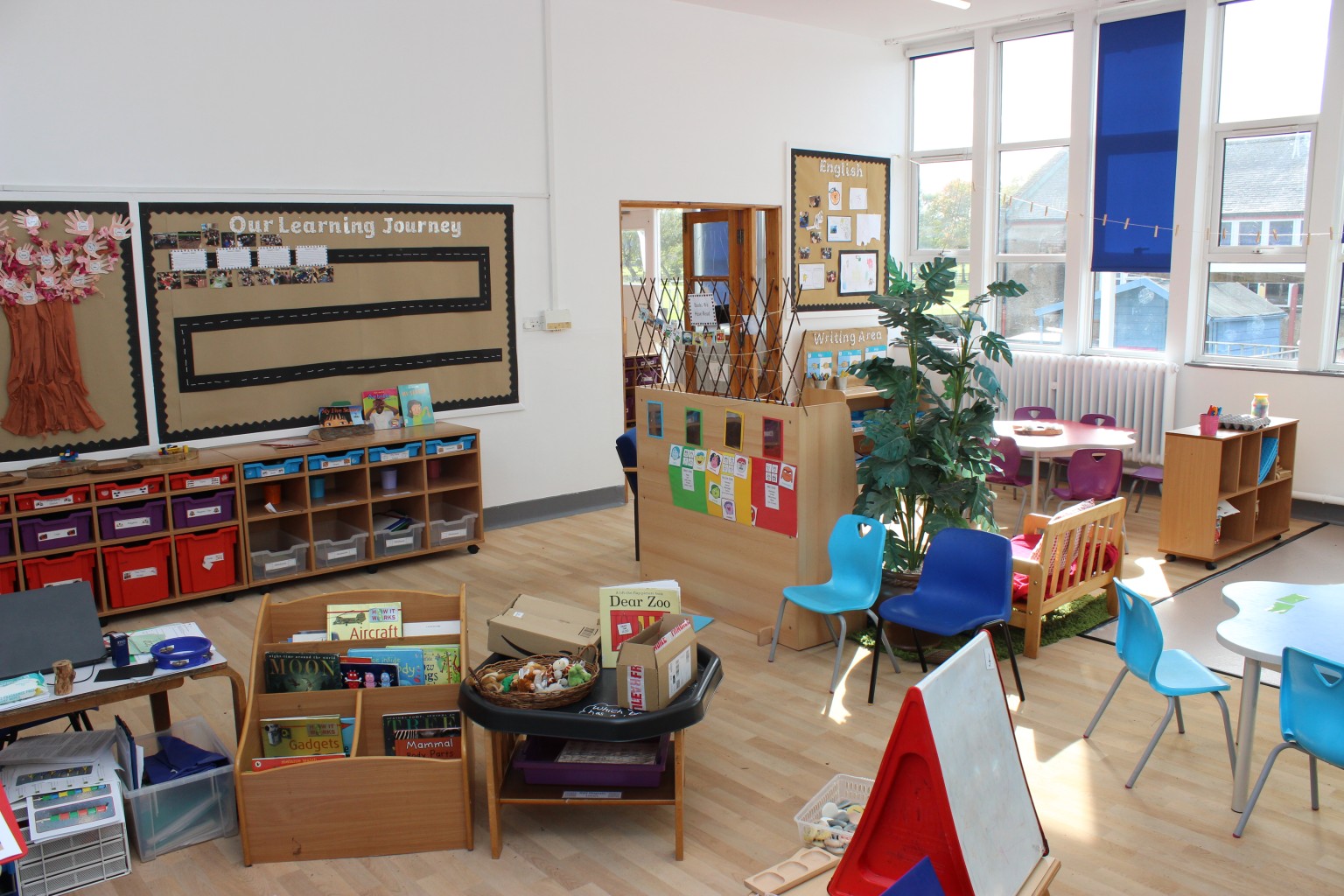
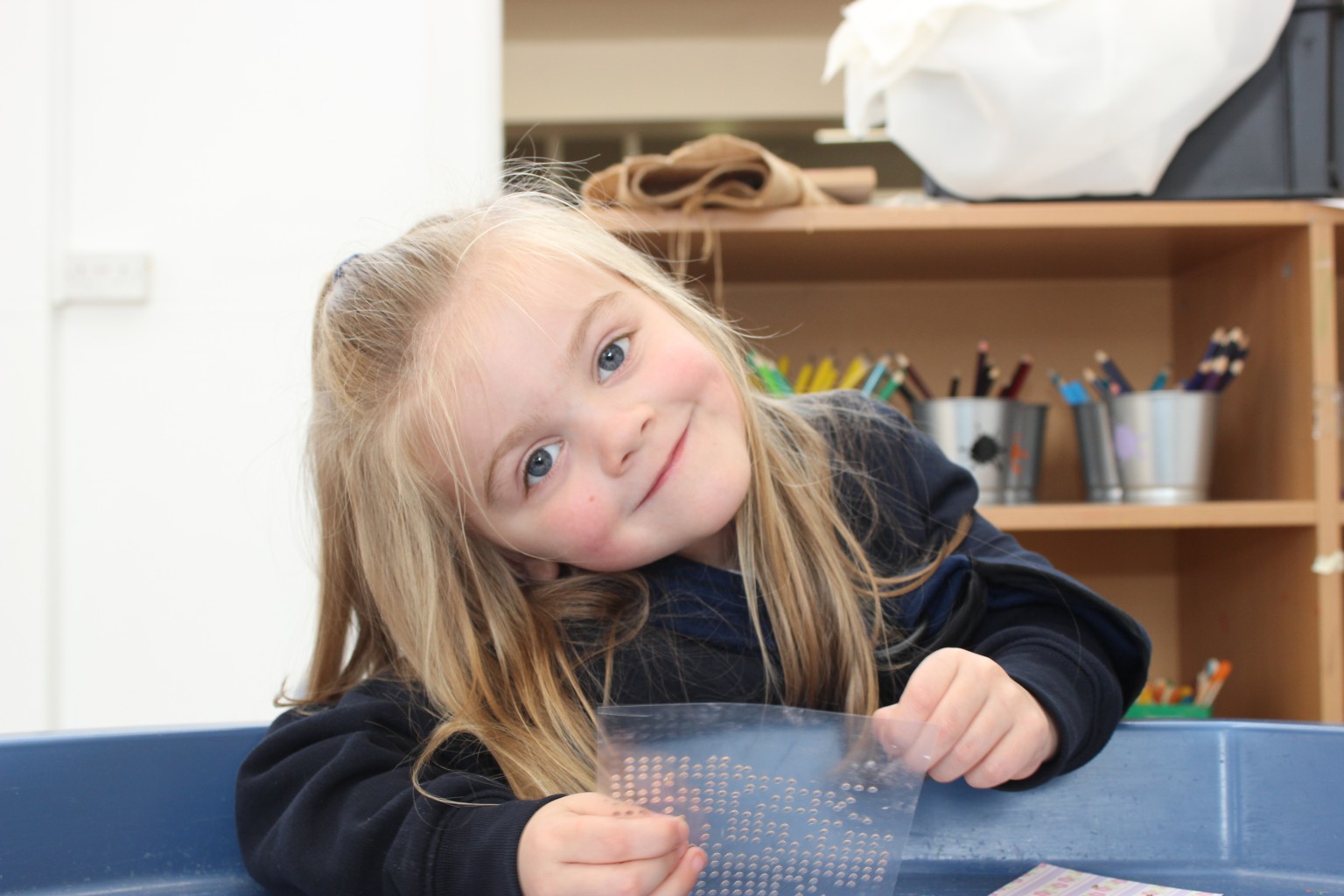
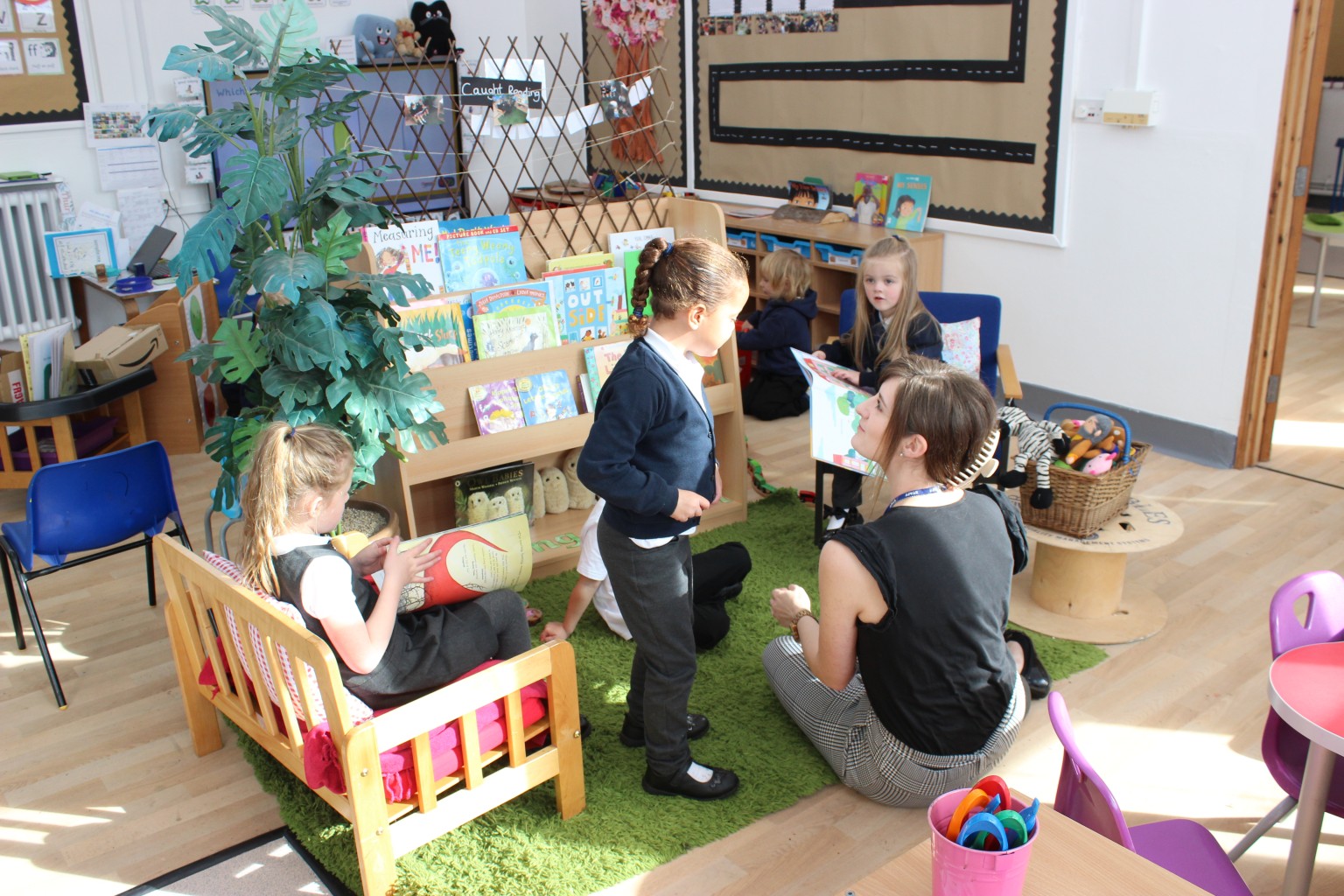
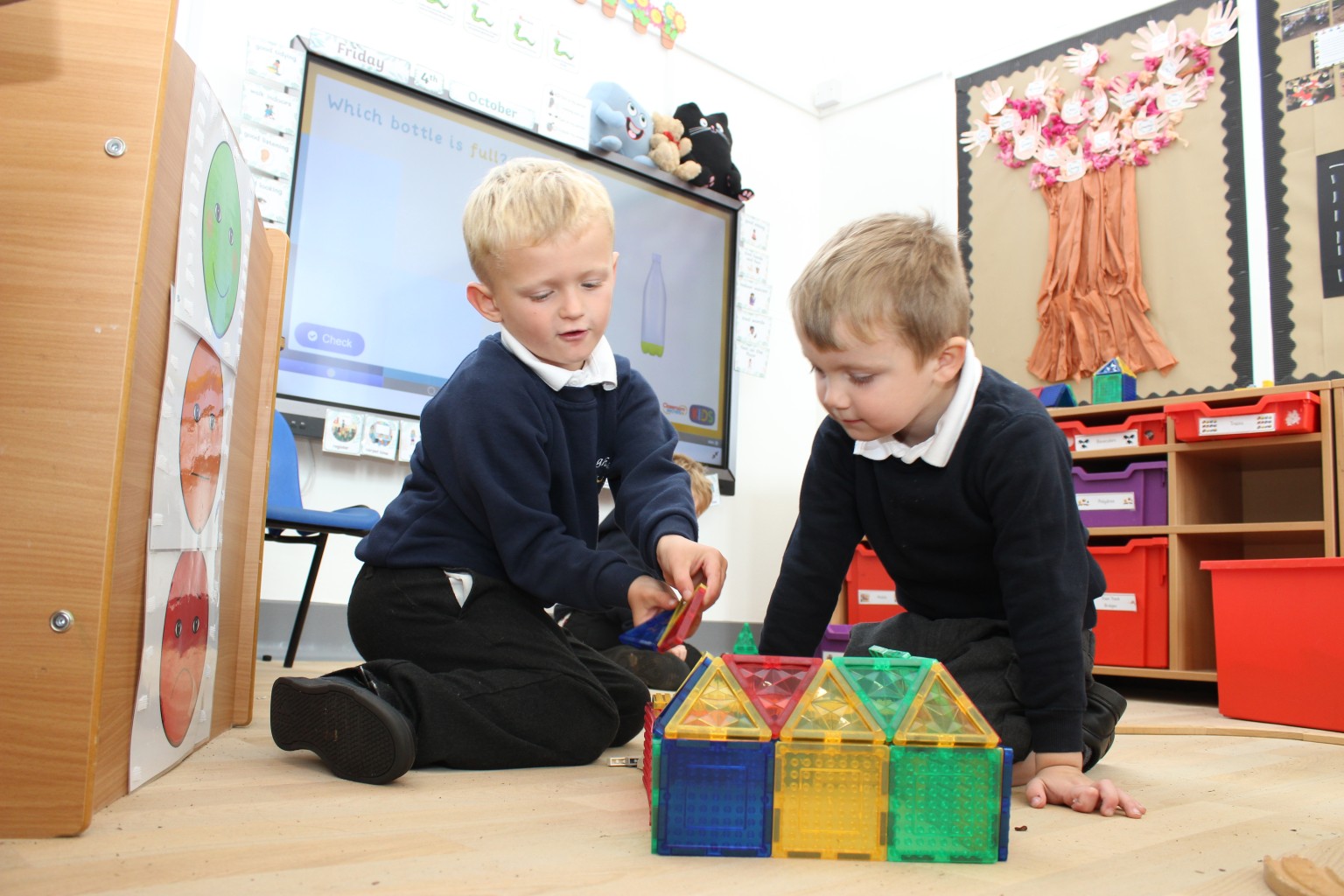
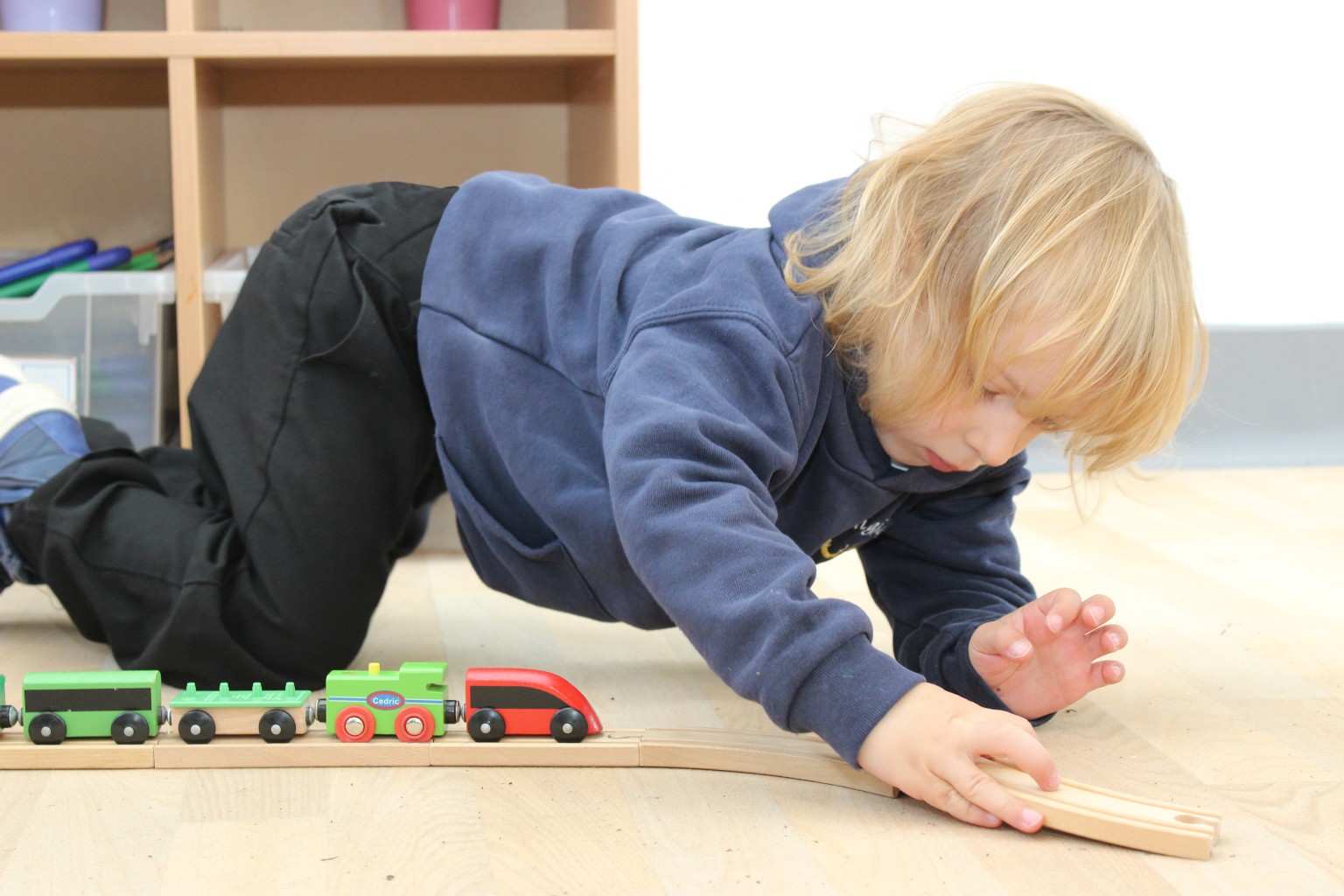

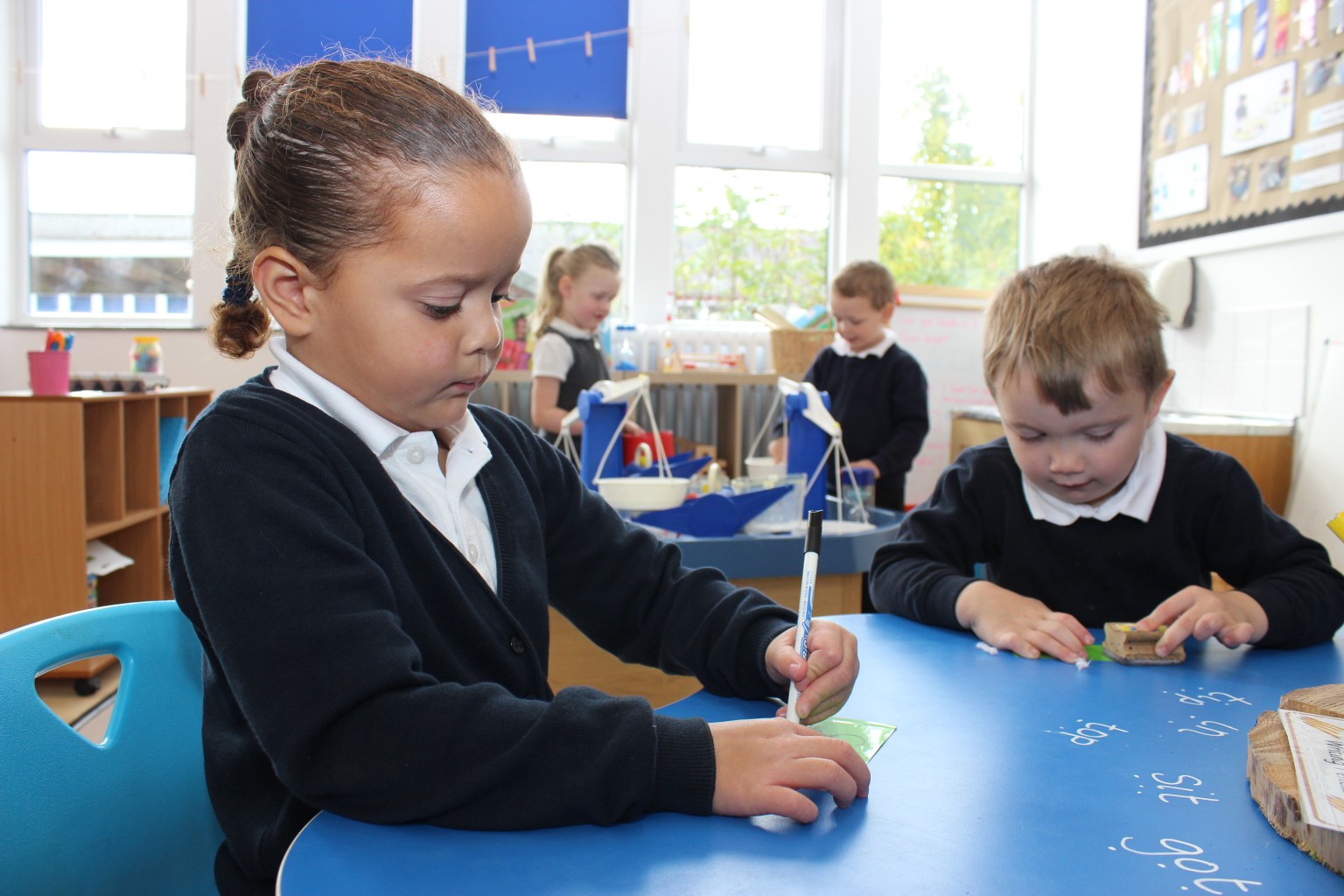
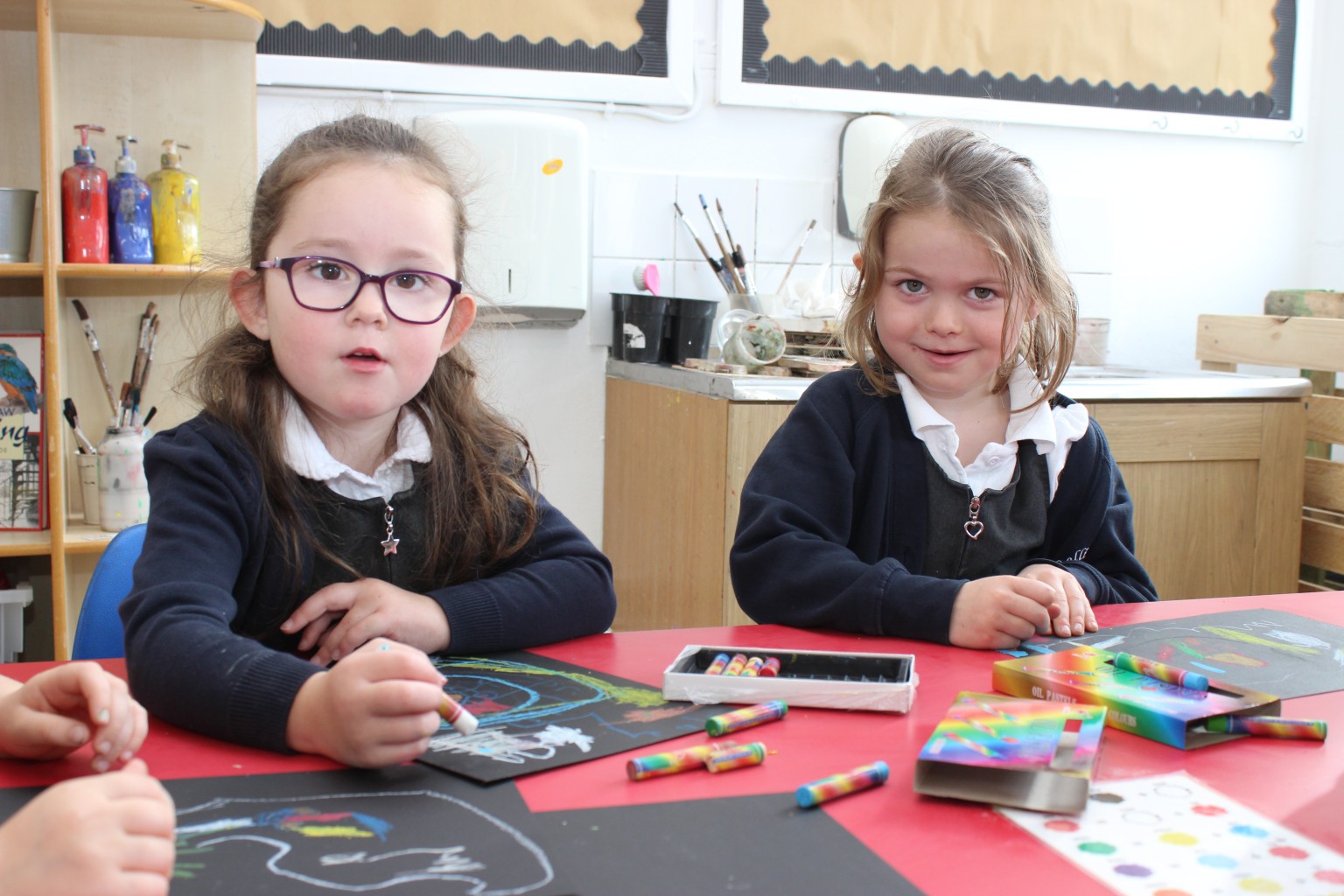
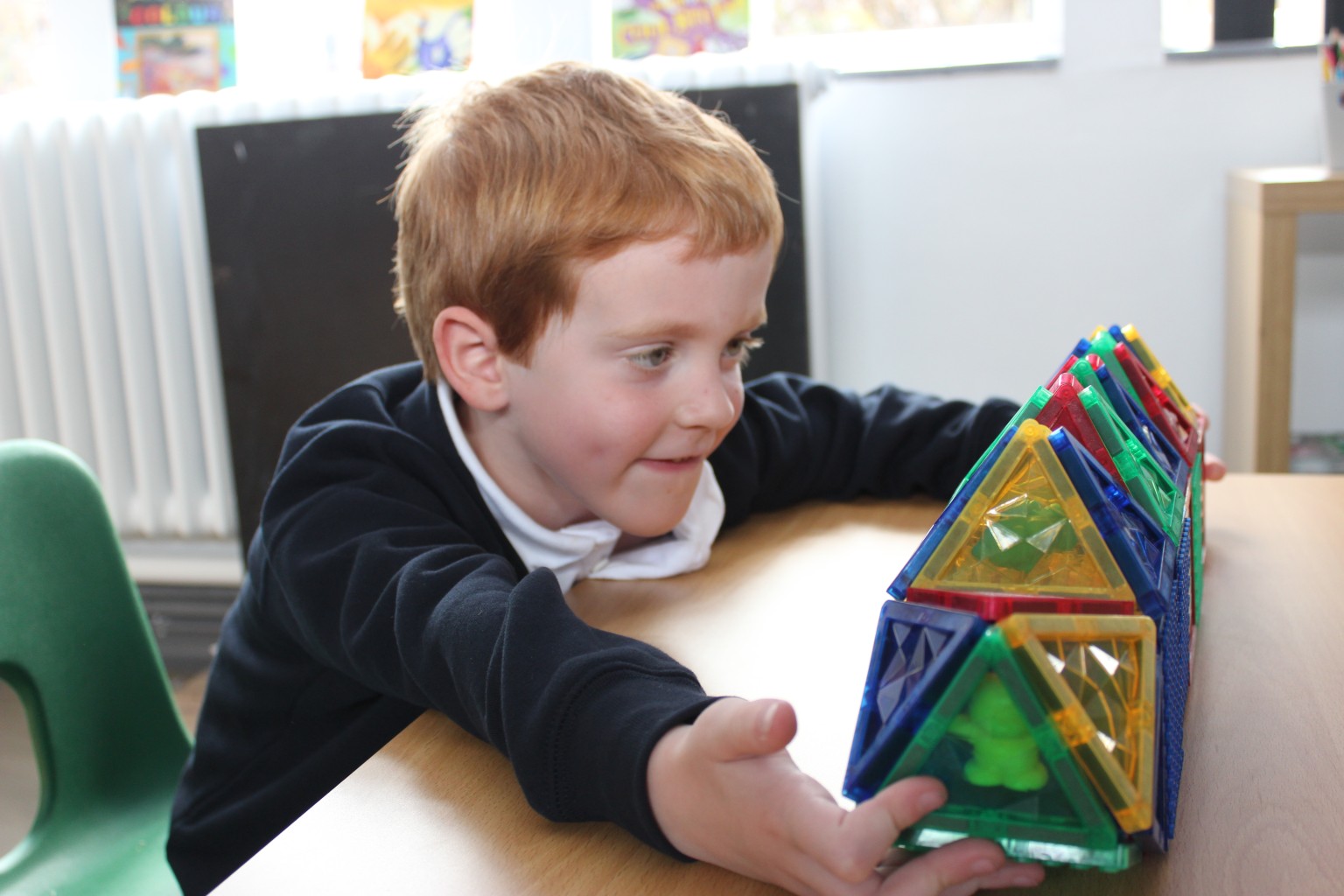
Phonics : Intent
At Bellingham Primary School we follow Read Write Inc. for our phonics teaching. In phonics our provision is designed to ensure that all of our children will learn to read well. Phonics is the roots for reading that help our children grow in to confident readers with reading for pleasure at the very heart of our reading curriculum. We believe that all children should progress through the phonics phases with fluency and confidence and thus place high importance on high quality teaching and resources. Phonics and reading are essential tools to access the whole curriculum, to engage and make sense of knowledge and to explore, question and respond to the world. A strong phonics basis enables us to ensure or children flourish as readers and therefore develop socially, emotionally, intellectually and culturally. We offer a structure and sequence of lessons to help teachers ensure they have covered the skills required to meet the aims of our phonics programme and these lessons are supported by a vast range of high quality resources.
In order for us to deliver a high quality synthetic phonics programme we ensure:
Implementation
When designing our curriculum we have sought to focus on a clear progression through the phonics phases: (See our phonics overview for more detail)
Reception: During the first few weeks children will focus on environmental sounds using listening activities, stories, rhymes and songs. During the Autumn, Spring and Summer term the children will continue to focus on Set 1 and progress to Set 2. Children will learn the sounds in order. The sounds are used to blend and segment CVC words. Spellings are learned through word building.
Year 1 : Children continue with Set 2 and will progress onto Set 3 Read Write Inc. They will learn to say and write alternative pronunciations for graphemes and learn to make plausible attempts at most words by using ‘best fit’ judgement. Year 1 children will be able to apply their blending skills to reading, segment to spell, count syllables and build words to spell. Children who can give the sounds for all the Set 2 and Set 3 graphemes but who are not yet able to apply them in reading and writing need further practice at orally blending and segmenting so they can hear all the sounds in a given word.
Year 2: Any children who are not secure with Set 2 or Set 3 sounds will focus on these at the start of Year 2 to ensure all gaps in knowledge are filled. Children then progress onto learning spelling rules. There is a focus on adding suffixes to words. Pupils will be taught to make words ending in ‘y’ plural. They will learn about words with contractions, the use of the apostrophe to make single nouns possessive and some homophones/near homophones.
Intervention: Beyond Year 2, all pupils move through the Read Write Inc. spelling programme. In all year groups, children reading below age-related expectations receive targeted support. Additional phonics teaching is given following the taught patterns in Read Write Inc. and supported by phonetically decodable guided reading books from the school reading scheme. From KS1, we implement aspects of the Read Write Inc. intervention programme embedding decoding skills and improving fluency. In EYFS, KS1 and LKS2, all children have home reading books which follow the book banding scheme of progression. There is targeted catch up for children who did not achieve expected standard at end of Year 1.
Impact
We believe that the impact of using our personalised Phonics curriculum and progression through the phases will ensure that our children have a good grasp of phonological knowledge and understanding. Staff have high expectations work closely to develop a firm basis for reading development. CPD provides opportunities to understand the continuity and progression of skills across key stages and phases; skills to model, scaffold and question pupils in order to achieve a deeper level of understanding and vocabulary. Phonics delivery and impact is monitored and assessed regularly, ensuring a consistent approach.
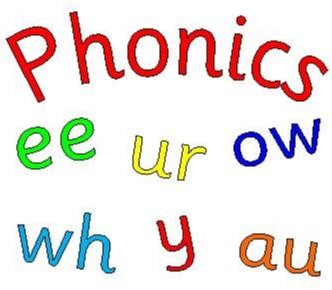

Reading
At Bellingham we ensure all pupils have the opportunity to be fluent, confident readers who are able to successfully comprehend and understand a wide range of texts. First and foremost we want our pupils to develop a love of reading both widely and diversely. Reading is an essential tool to access the curriculum, to engage and make sense of knowledge and to explore, question and respond to the world. We provide our pupils with a good knowledge of a range of authors so that they can understand more about the world in which they live through the knowledge they gain from texts. By the end of their time at Bellingham, all children should be able to read fluently, and with confidence, in any subject in preparation for their transition to middle school. We follow a progressive phonics programme from EYFS to KS2 and our reading curriculum sits alongside this to enrich opportunities for all pupils. Our reading curriculum offer is designed to provide our pupils with the knowledge, skills and understanding to have an excellent comprehension of texts, including both literal and inferred meanings. We want our pupils to be able to think critically about the purpose and audience of a text. It is fundamental that our pupils have a wide vocabulary and understanding of the conventions of reading. This includes being curious and interested in new words, what they mean and where they come from. Our pupils will be able discuss and compare themes across different texts as well as reason and justify their opinions and viewpoints. We want these skills to be transferable so that they can apply knowledge of reading to their own writing.
Implementation
When designing our curriculum we focus and progressively build on the following core concepts:
Reading is taught both discretely and through the wider curriculum. We recognise the value of varied texts and use books, e-books, articles, newspapers and pictures to challenge the normal conventions of reading. We place high importance on providing wider reading opportunities in each year group daily. This can be through class story time, children’s favourites; access to bookshelves and class libraries as well access to e-books and virtual libraries. We value reading for pleasure and enjoyment and encourage repetition and recall of stories by heart. We recognise the importance of reading areas and role play. When selecting texts for children, we consider a range of factors including their phonics stage of development and knowledge of wider key and tricky vocabulary. We have a whole school book-banded reading scheme that ensures progression in both word reading skills and comprehension. The scheme is structured to ensure that children have access to a wide range of texts, and allows for pupils to develop their skills within a level before moving to the next level. Robust running records aid assessment and tracking. We encourage a strong home-school partnership and all pupils have a home-reading record where they indicate how much and how well pupils have read. All classes integrate high quality guided reading sessions in to our English offer. Guided reading texts come from a range of sources and are matched to the specific skill being taught.
Impact
The impact of our reading curriculum and progression through our core concepts ensure clear progress, sustained learning and transferable skills as well as a love for books. By the time our pupils leave Bellingham, they are competent readers who can recommend books to their peers, have a thirst for reading a range of genres including poetry, and participate in discussions about books. Our children are confident in evaluating an author’s use of language and the impact this can have on the reader. They can also read books to enhance their knowledge and understanding of all subjects in the curriculum. Pupils of all abilities will be able to succeed in their reading and will be ready to read in any subject.